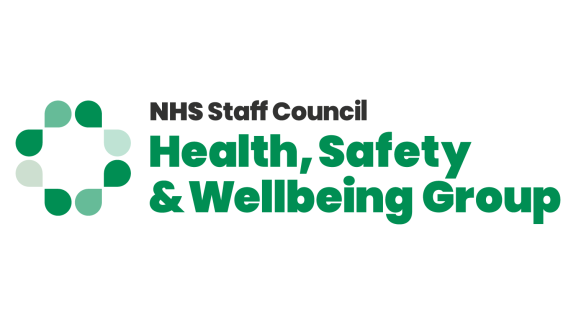East Cheshire NHS Trust
East Cheshire NHS Trust won the HPMA Excellence in People Awards partnership working category in 2024 for its comprehensive workplace project, developed between the trust and trade unions, to raise awareness and improve support for staff affected by menopause. Read the full case study to find out more.
Joined Up Care Derbyshire
Joined Up Care Derbyshire, the Derby and Derbyshire health and social care partnership for adults and children, created a menopause inequalities programme to ensure equality in NHS menopause support. This programme was created by recognising that there is a significant gap in research, resource allocation and support for ethnically diverse and transgender and non-binary people. The trust wanted to ensure every employee had access to tailored menopause support that acknowledges the unique challenges they may face based on their gender identities and backgrounds. These slides detail more about the programme and the resources used.
Belfast Health and Social Care Trust
Belfast Health and Social Care Trust created an information leaflet for staff which links into its overall health and wellbeing strategy and improving working lives policies. Their Let's Talk Menopause web page provides useful links and toolkits. The trust also created videos in partnership with Business in the Community to further support staff and managers with the menopause in the workplace. Take a look at the guide for managers video and the guide for employees video.
East Midlands Ambulance Service NHS Trust
The trust created menopause guidance and andropause guidance for employees and line managers to support staff who are experiencing issues, creating an environment where staff feel confident to raise concerns, instigate conversations and ask for reasonable adjustments in the workplace.
Mid Yorkshire Hospitals NHS Trust
Mid Yorkshire Hospitals NHS Trust has an informative menopause factsheet to support employees.
Northern Lincolnshire and Goole NHS Foundation Trust
Recognising the need for a safe space for female colleagues experiencing menopause to connect, the trust set up a closed Facebook group for staff to join, where colleagues support each other and share their menopausal experiences. With 80 per cent of employees at the trust being female, and many of these either of, approaching or post-menopausal age, Northern Lincolnshire and Goole have implemented menopause network meetings, with guest speakers such as gynaecologists attending to educate and raise awareness, with an inclusive atmosphere welcoming all staff members. The trust acknowledged the importance of senior leadership visibility in promoting awareness of menopause, and a director shared her experience of the menopause at the network meeting, which inspired others to speak out.
Working collaboratively, the organisation’s organisational development practitioner and lead psychologist created a video to bust menopausal myths and answer frequently raised questions that staff had wanted to know more about. None of the trust’s successes in raising awareness within the menopausal space could have been achieved without support from their dedicated comms team. The trust share information displayed on their web page specifically for employees who are supporting a partner going through the menopausal transition, providing facts about the menopause and the changes to expect. They also have an informative leaflet documenting menopausal symptoms, explaining the difference between perimenopausal, menopausal and postmenopausal as a way to educate staff members.
Norfolk Community Health and Care NHS Trust
Alex Watson, Head of Staff Experience, from Norfolk Community Health and Care NHS Trust, also shares the practical steps the trust took to support staff and the trust created menopause guidance.
Nottingham University Hospitals NHS Trust
The trust has created a staff menopause policy, has menopause advocates, and has hosted a range of wellbeing sessions centred on the menopause, such as mindfulness, pelvic health and eating well so that staff receive a holistic approach to the topic.
West Midlands Clinical Research Network (CRN)
West Midland’s journey began in 2018, setting up an online community group called ‘The Big M’, acting as a central platform to share information, articles, advice and free online resources. Since then, the organisation has thrived in providing menopause provision and have:
- created a menopause guidance document, detailing how menopause may impact on staff, top tips to assist those experiencing the menopause and further signposting
- organised six bespoke training sessions through MenoHealth, centred around various topics (for example hormone replacement therapy, diet, exercise), with discussion time and a practical exercise to relieve menopausal symptoms. All sessions lasted one hour, accessible to all staff either live or recorded
- collaborated with East and Eastern Midlands CRN, acknowledging the importance for information about the menopause and symptoms to be circulated to all line managers to best support staff members, designing an instructional video
- arranged two ‘meno Café’ drop-in sessions to encourage staff to connect ‘socially’ with each other on the topic of menopause.
East London NHS Foundation Trust
The trust has created The Menopause at Work practical guidance for line managers to help them support staff experiencing menopause. The guide encourages line managers to be compassionate leaders and to create a psychologically safe environment for people to bring their whole selves to work.




